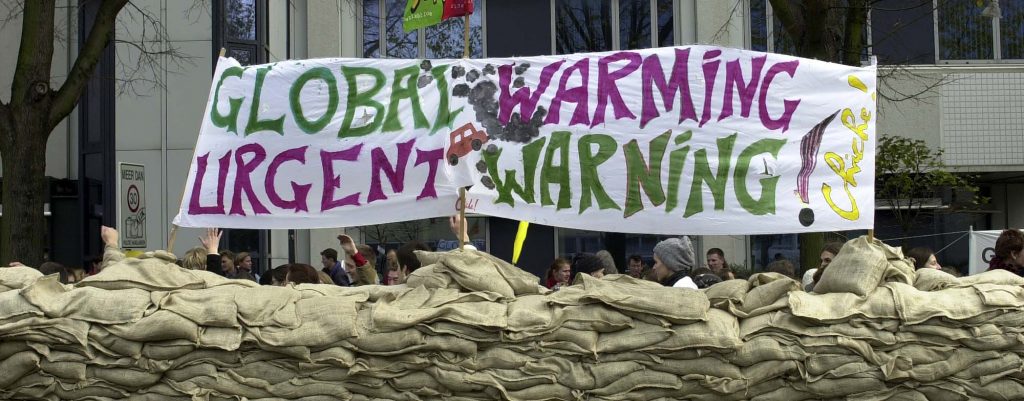Brussels, 25 November 2008 – Europe will face major embarrassment at international climate change talks next week if it fails to live up to its commitment to tackle global warming, environment and development groups warned today.
The world is looking at how high Europe will set the bar at climate talks in Poznan, Poland, starting on December 1. Its position will be crucial in determining the chances of agreeing a global deal consistent with keeping global warming below 2°C compared to pre-industrial temperatures, and preventing the worst impacts of climate change.
However, the EU’s climate and energy package, the biggest legislative effort on climate change in the world to date, is in danger of being watered down by some EU countries which are more interested in protecting short-term national industrial interests.
Poland, which will be at the centre of the world stage in December as the host of the UN climate change talks, is one of the Member States, along with Germany and others, being most obstructive to the negotiations on a strong deal.
Climate Action Network Europe, Friends of the Earth Europe, Greenpeace, Oxfam and WWF said: “Now is the time for Europe to show real leadership on climate change. The importance of the EU climate and energy package cannot be underestimated – it is the test of whether Europe will live up to its rhetoric and set the standard for the rest of the world. Action in Europe will be crucial to determining tomorrow’s global temperatures and as a consequence, the future for the planet and human development.
“If Member States such as Poland and Italy are allowed to weaken the climate package the EU’s international credibility will be damaged.”
The groups point to major sticking points in negotiations on the climate and energy package, which will determine the EU’s credibility on the international stage.
Climate Action Network Europe, Friends of the Earth Europe, Greenpeace, Oxfam and WWF call on the EU to follow scientific advice and cut its emissions by at least 30% domestically; make polluting industries pay for their emissions and not allow them to buy their way out of reducing their carbon footprint by sponsoring questionable projects in the developing world; commit to the financial resources that are needed to support developing countries’ future efforts as part of the next global climate deal, and make real progress during the climate negotiations in Poznan to ensure that a deal can be reached in Copenhagen in December 2009.
The United Nations Climate Change Conference (COP14) in Poznan is a crucial milestone in negotiations for a global agreement to reduce greenhouse gas emissions beyond 2012.


![]()
![]()







